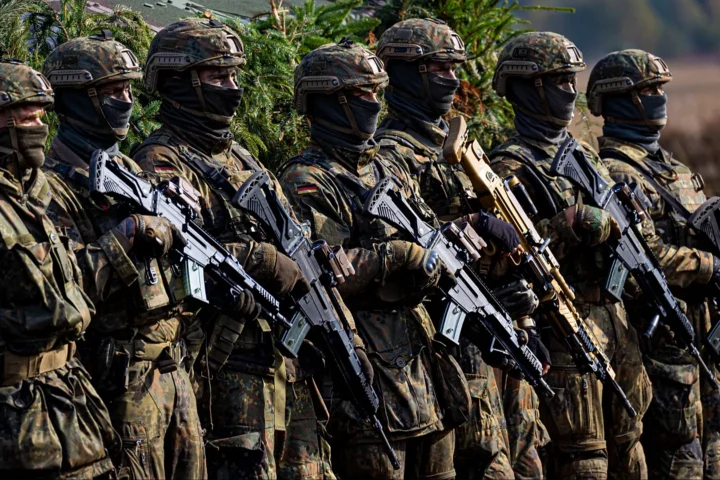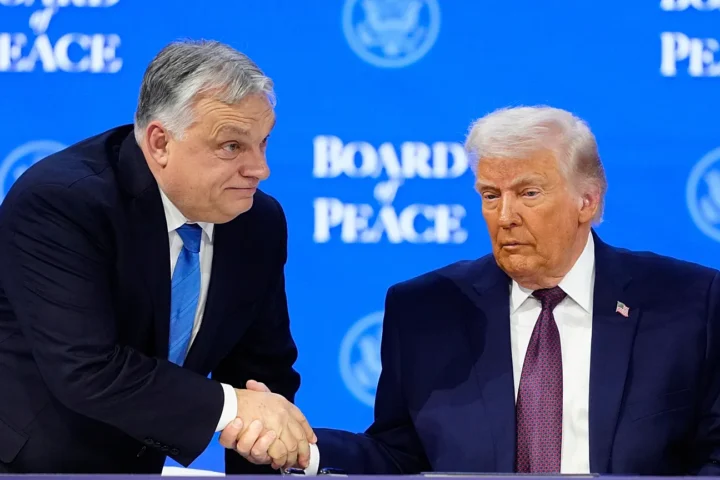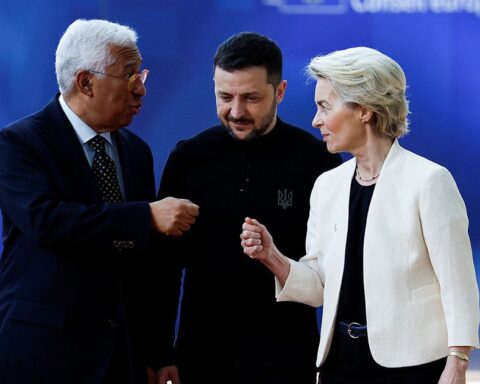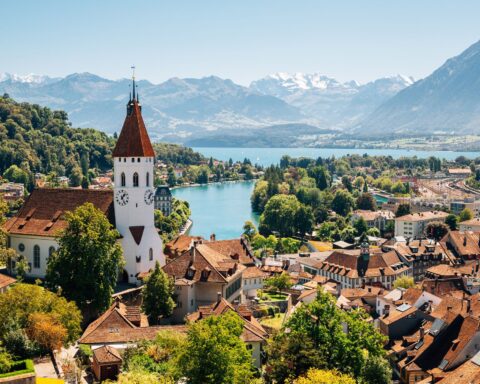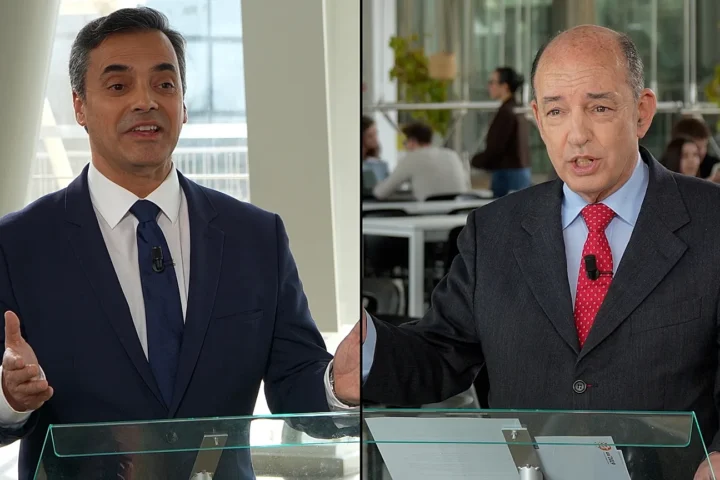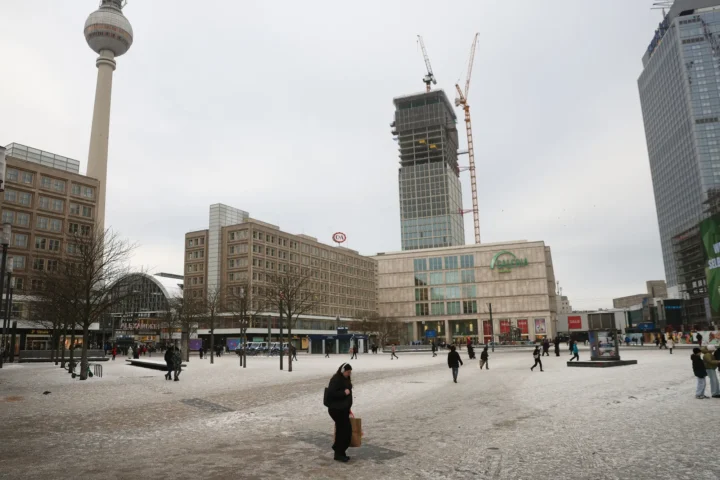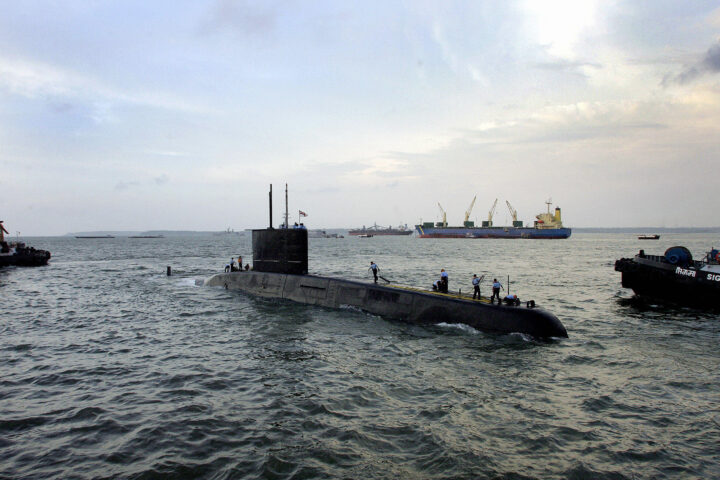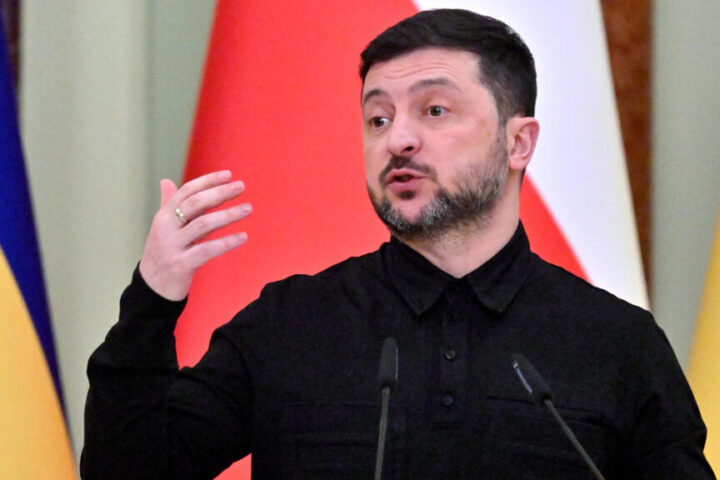The question of why Israel remains at war with Gaza, despite the territory’s devastating destruction and loss, is a complex one that involves political, strategic, and historical factors. Here are some key reasons that help explain this ongoing conflict:
- Strategic Interests:
Israel views Gaza as a strategic buffer zone, and maintaining control over the territory is seen as crucial for its national security. Gaza’s proximity to Israeli cities and its use as a launchpad for rockets and other attacks make it a persistent security concern for Israel. - Political Goals:
The Israeli government has long-term political goals that include maintaining a strong presence in the region and ensuring that any future Palestinian state is weak and dependent on Israeli goodwill. Keeping Gaza under pressure helps Israel achieve these objectives by preventing the establishment of a viable and independent Palestinian state. - Historical Claims:
Israel has historical and religious claims to the land, which include areas within and surrounding Gaza. These claims are rooted in biblical narratives and historical events, adding a layer of complexity to the conflict that goes beyond immediate strategic concerns. - Domestic Politics:
Internal Israeli politics play a significant role in maintaining the conflict. Hardline factions within the Israeli government and society advocate for a strong military response to any perceived threats, often leading to escalated tensions and military actions. These factions gain political capital by taking a tough stance on security issues, which can influence government policies and military strategies. - International Support:
Israel receives substantial military and political support from the United States and other Western nations, which enables it to sustain its military operations. This support is often justified on the grounds of Israel’s right to self-defense and its role as a strategic ally in the Middle East. - Resistance and Retaliation:
The ongoing resistance from Palestinian groups in Gaza, including Hamas, fuels the cycle of violence. These groups launch rockets and carry out attacks against Israeli targets, prompting retaliatory strikes from Israel. This tit-for-tat violence creates a self-perpetuating conflict that is difficult to resolve. - Economic and Resource Control:
Control over Gaza also involves economic and resource interests. Israel maintains control over Gaza’s borders, airspace, and coastal waters, which allows it to regulate the flow of goods, people, and resources. This control helps Israel maintain its economic dominance in the region and prevents Gaza from developing independently. - Psychological Warfare:
The ongoing conflict serves as a form of psychological warfare, aimed at breaking the will of the Palestinian population. By maintaining a state of constant tension and fear, Israel seeks to undermine Palestinian resistance and solidarity.
In summary, Israel’s continued war with Gaza is driven by a combination of strategic, political, historical, and domestic factors. Despite Gaza’s devastated state, Israel’s actions are shaped by a desire to maintain control, ensure security, and achieve long-term political and economic goals.





